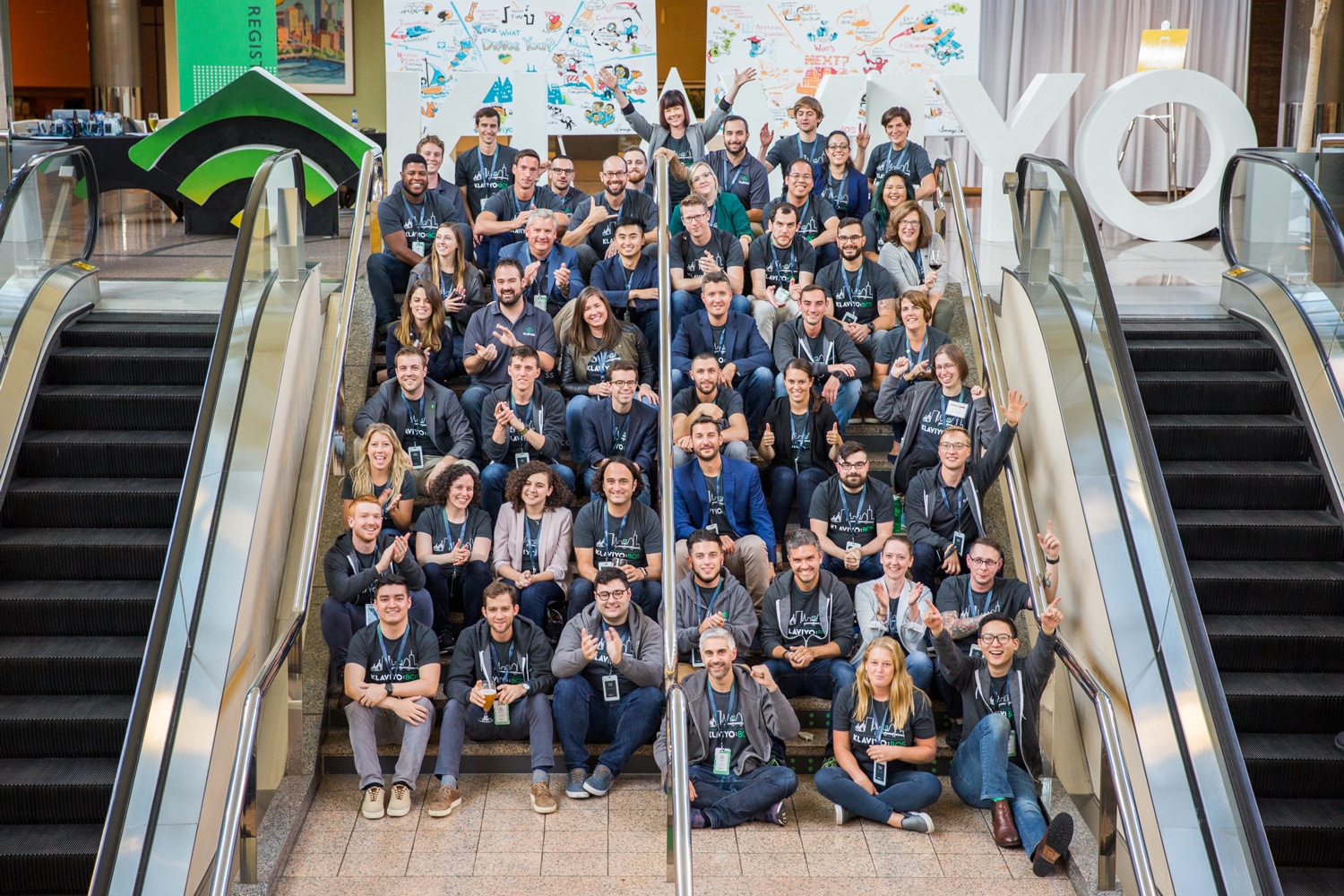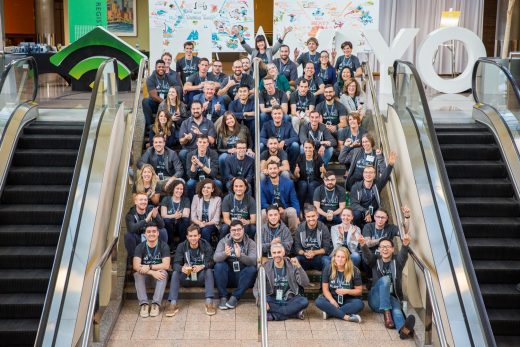Klaviyo Puts Google, Facebook, Amazon on Notice With $150M Raise

Klaviyo, a Boston e-commerce startup, wants retailers to take their advertising spending back from the tech behemoths Google, Amazon, and Facebook.
The thinking behind the push, according to CEO Andrew Bialecki, is whether in the long term companies are better off handing over their ad dollars or doing the work and “owning” the marketing themselves.
“How do we get off this drug that is advertising?” Bialecki says.
To compete with the likes of Google (NASDAQ: GOOGL), Amazon (NASDAQ: AMZN), and Facebook (NASDAQ: FB)—and their legions of talent—Klaviyo has just raised a $150 million venture round from Boston-based Summit Partners. The cash will be used to hire “hundreds” of engineers over the next couple years, further develop Klaviyo’s marketing platform, and expand into new markets, Bialecki says.
Klaviyo last raised funds in 2017 with a $7 million round led by Astral Capital, and its only previous outside capital came from a $1.5 million seed round in 2015. Klaviyo has 200 employees currently, but Bialecki says he hopes to one day have thousands.
“The goal is to try to build one of Boston’s big companies,” he says.
“We started with email,” he adds, “and the reason we can build a big company is because all these businesses right now are paying ad networks or marketplaces to sell their product. The reality is if they can own those relationships themselves through owned marketing, they can grow far faster and far more efficiently. They can own their own trajectory.”
Klaviyo, founded in 2012, lets companies tailor emails to customers based on sales profiles retailers generate about them. Bialecki says the company is profitable and has doubled its sales in each of the past two years. It counts more than 12,000 paying customers, he says.
In the past seven years Klaviyo’s focus has been on email as a marketing channel. From here, Bialecki says the company will take on other channels: mobile apps, direct-to-customer text messaging, and websites, to name a few. The company isn’t looking to replace the likes of WordPress for websites but instead offer its platform as a smart e-commerce overlay that powers the kind of data-driven advertising that retailers seek through the big tech giants, Bialecki says.
(13)


